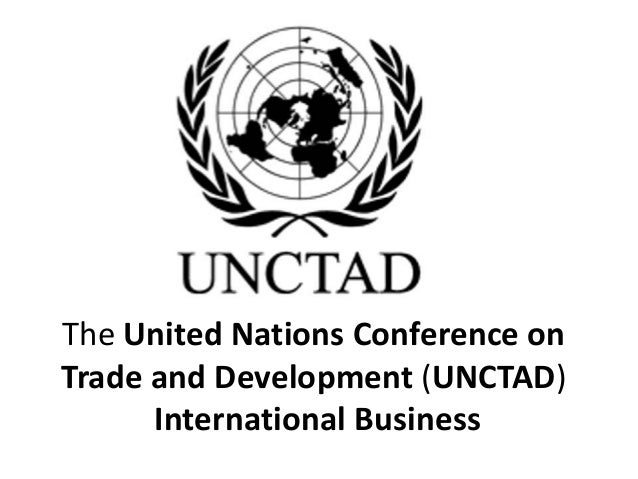UNCTAD was established by the UN General Assembly in December 1964 to promote international trade, particularly that of developing countries, with a view to accelerating economic development.
It has now become a principal instrument of the General Assembly for deliberation and negotiations in the field of international trade and related issues of international economic cooperation.
UNCTAD covers the entire spectrum of politics, both in developed and developing countries which influence the external trade and economic development, particularly those of developing countries.
ADVERTISEMENTS:
UNCTAD-IX was held in Midland, South Africa from 27th April to 11th May, 1996. The Indian delegation was led by the Commerce Secretary. The period from 1992 to 1996 witnessed drastic changes in the international trade scenario, particularly, the emergence of WTO and changes in the global economic context.
These changes and the financial crisis being faced by the UN system had generated an apprehension before UNCTAD-IX, that UNCTAD’s mandate, role and work programme may undergo substantial pruning and downsizing.
Some of the developed countries had also felt that UNCTAD should confine its activities to the least developed countries.
ADVERTISEMENTS:
The Indian delegation made a strong plea for retaining UNCTAD’s broad mandate for promoting trade and development on a global basis and stated that globalisation and liberalisation cannot be accepted as a panacea for resolving developmental problems of developing countries. The latter must develop their own natural resources, human resources and infrastructure to the maximum extent.
The intergovernmental machinery of UNCTAD has been restructured to make it more focused so that it concentrates on the areas of its strength. The intergovernmental machinery with Trade and Development Board (TDB) at the apex, will have three Commissions viz.,
(a) Commission on trade in goods and services and commodities.
(b) Commission on investment, technology and related financial issues.
ADVERTISEMENTS:
(c) Commission on enterprise, business facilitation and development.
The Commission will convene expert meetings on specific issues. The total number of expert meetings will not exceed 10 in a year, of which, up to 4 may be convened by the Commission on trade and up to three each by the other two.
